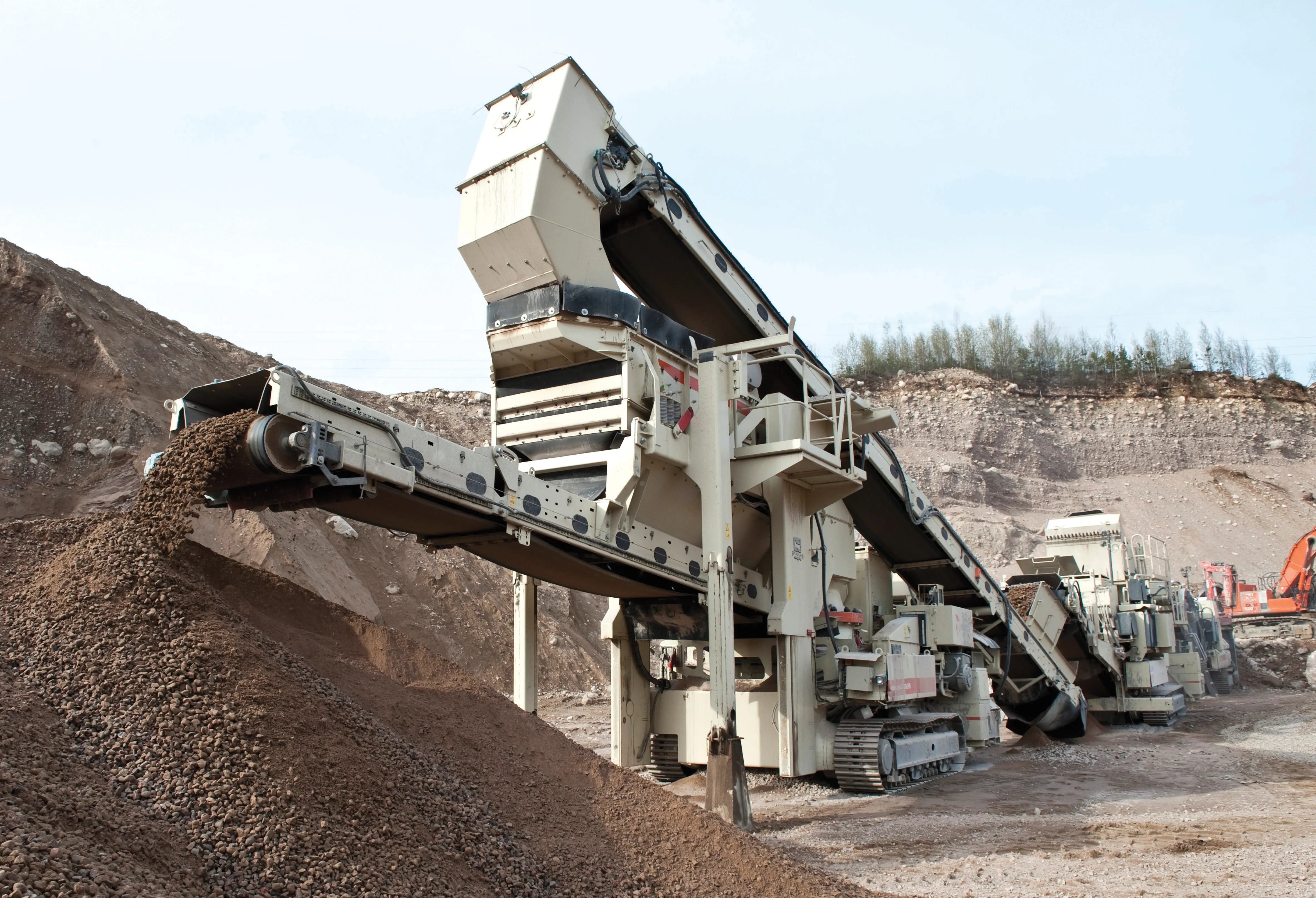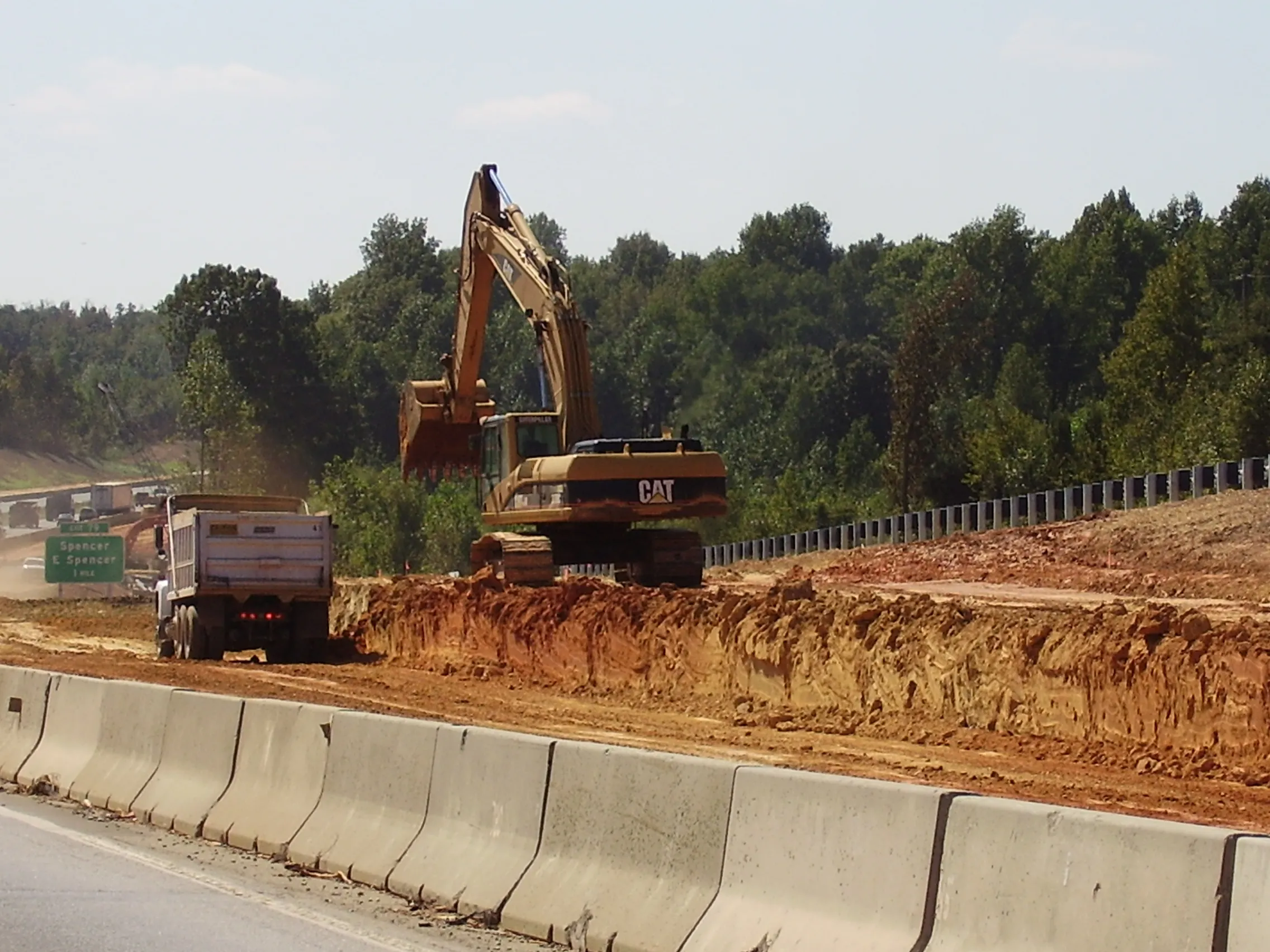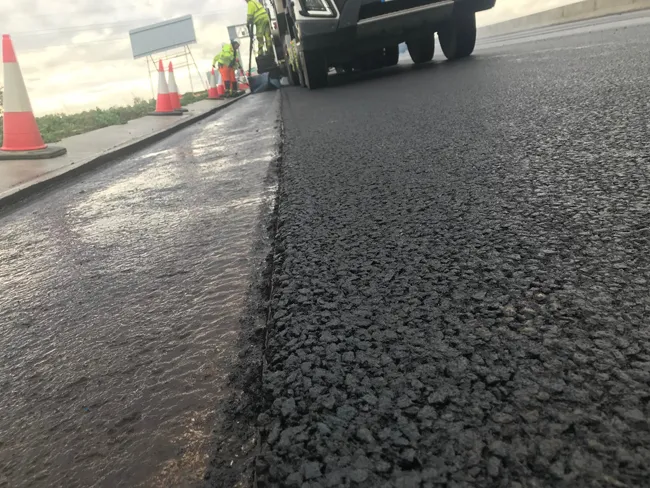
The FixMyStreetPro smartphone app allows UK residents to report public street issues, from potholes and unsafe highways to broken street lights and loose drain covers.
Information gathered from FixMyStreetPro - created by SocietyWorks, a local authority services provider – is sent to Yotta’s Alloy software. This triggers alerts to authority maintenance or inspection teams to take appropriate action. Finally, the app will report back to the person who had sent in the notification, explaining to he him or her the outcome of the repair.
The new integrated solution will initially be used primarily for highways and street works applications. Both companies said the app has potential for other services, such as reporting missing waste bins, processing payments for garden waste and grounds maintenance problems.
“Both residents and local authorities want to see resources put to the best possible use in order to make public funds go as far as possible,” said Sam Orton, head of transformation accounts with Yotta, a global asset management software and services provider. He noted that the app can also help councils achieve greater transparency and accountability with residents as well help build a trust-based relationship.
David Eaton, Sales Director, SocietyWorks said “citizens benefit from getting a better delivery outcome from any queries or requests they may have which, in turn, helps strengthen the reputation of the council in the community”.
SocietyWorks is the wholly owned subsidiary of mySociety, a UK charity that has been working to improved services delivery and outputs for local authority residents.









